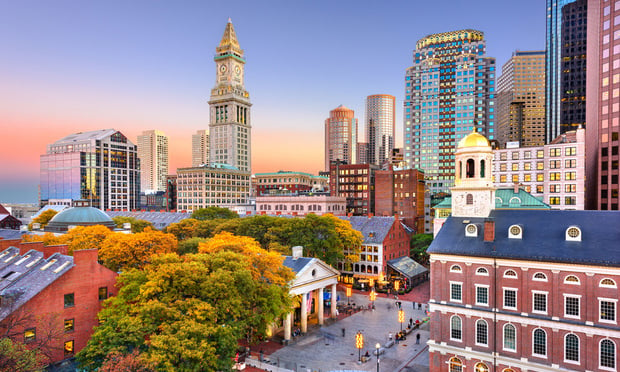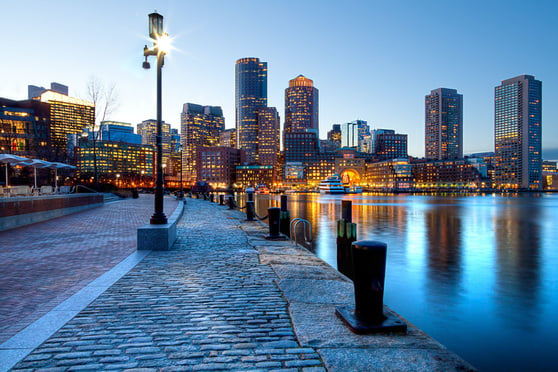John Southard, chief economist for Torto Wheaton Research, characterizes the recent terror attacks coupled with the recession as a "one-two punch. In terms of all markets, this one is a brutal one," he tells GlobeSt.com. "The recession and the stigma effect--mainly the fear of travelling--make our forecast for the upcoming 12months the worst the market has seen since 1987." According to Torto Wheaton Research's most recent numbers the yearly average for occupancy rates, which Southard is quick to point out includes the eight months before the attacks, indicate a 10% drop in occupancy rates in Boston hotels. Southard notes that even through 2002, he expects to see little improvement. "It will take a year and a half to come out," he says. "Even then, I don't expect 2003 to be as good as 2000."
Southard adds that another source of concern for the industry is that in addition to falling occupancy rates here, room rates are also dropping. He says that room rates for 2001 are 3% below what they were. "That further impacts profitability," he points out.
An additional stroke of bad luck for the industry here is that the "one-two punch" described by Southard happened just before the fall season. As Art Canter, executive director of the Massachusetts Lodging Association, a locally based industry trade group, points out, this is the time that occupancy rates usually shoot up. He tells GlobeSt.com that Boston and Cambridge's occupancy rates are usually over 90% now but this year they are in the 60% to 70% range. "Fall is the gathering month for winter," he says. "October is usually gravy month. Now October needs to offset the preceding months. We are going into winter with low occupancy rates and the winter is always low."
Canter notes that by this December Boston and Cambridge will end up with 67.1% occupancy rates as opposed to last year's 78%. "Hotels are marketing like crazy now," Canter says. "There are more deals than you can shake a stick at." One of the most significant changes for the market is the fact that suddenly it is chasing the leisure market when normally its bread and butter was the corporate and convention market. "The hotels are more dependent on leisure travelers," Canter notes. "We need to go after these guys. I don't think the corporate and convention market is going to pick up anytime soon."
About the only note of optimism in an otherwise bleak picture is the belief that most hotels in the area will weather the crisis. "There are hotels that will have bad years and some will need to change hands, but I don't expect them to close," says Southard. Canter agrees. "There already have been layoffs but the hotels are trying to maintain as many employees as they can," he says.
And then there is the inevitable talk of a rebound, which, despite how far it seems now, will happen, according to industry experts. "Whenever a property type goes through something this bad, its rebound eventually becomes stronger," says Southard. "But," he adds, "we need to talk about that in terms of three to four years out."
Want to continue reading?
Become a Free ALM Digital Reader.
Once you are an ALM Digital Member, you’ll receive:
- Breaking commercial real estate news and analysis, on-site and via our newsletters and custom alerts
- Educational webcasts, white papers, and ebooks from industry thought leaders
- Critical coverage of the property casualty insurance and financial advisory markets on our other ALM sites, PropertyCasualty360 and ThinkAdvisor
Already have an account? Sign In Now
*May exclude premium content© 2024 ALM Global, LLC, All Rights Reserved. Request academic re-use from www.copyright.com. All other uses, submit a request to [email protected]. For more information visit Asset & Logo Licensing.








